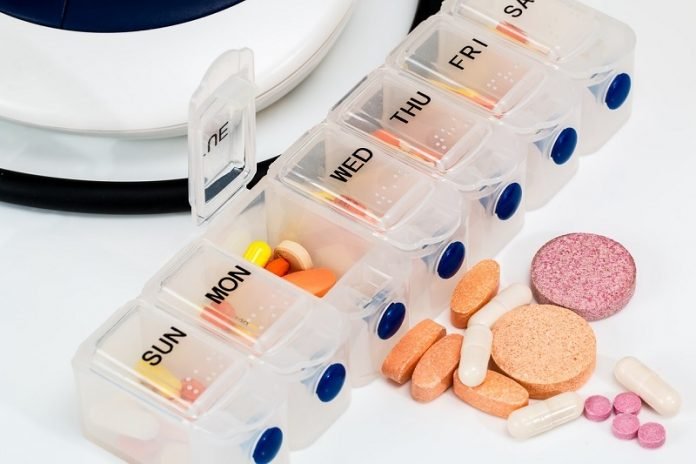
When you think of carbohydrates, you probably think of bread, pasta, and potatoes.
But carbs are also in grains, legumes, starchy vegetables, milk, yogurt, and fruit.
They’re one of the three main energy sources in our food and they provide the body’s preferred fuel source for the brain, nervous system, and exercising muscle: glucose.
Unfortunately, patients with diabetes have difficulty converting that glucose into energy.
When glucose can’t be used, it stays in the blood and results in high blood sugar.
For those who take insulin or other medications that increase the risk of hypoglycemia, eliminating carbs or even following a low carb diet could lead to dangerously low blood sugar.
This Health & Medicine Lab video talks about how to count carbs in your diet if you have diabetes.
If you care about nutrition, please read studies about diet that could lower risk of type 2 diabetes and help manage blood sugar, and Zinc may be key to better diabetes treatments.
Disclaimer: Any information on diseases and treatments available in this video is intended for general guidance only and must never be considered a substitute for the advice provided by your doctor or other qualified healthcare professional.
Always seek the advice of your physician or other qualified health care professional with questions you may have regarding your medical condition.




